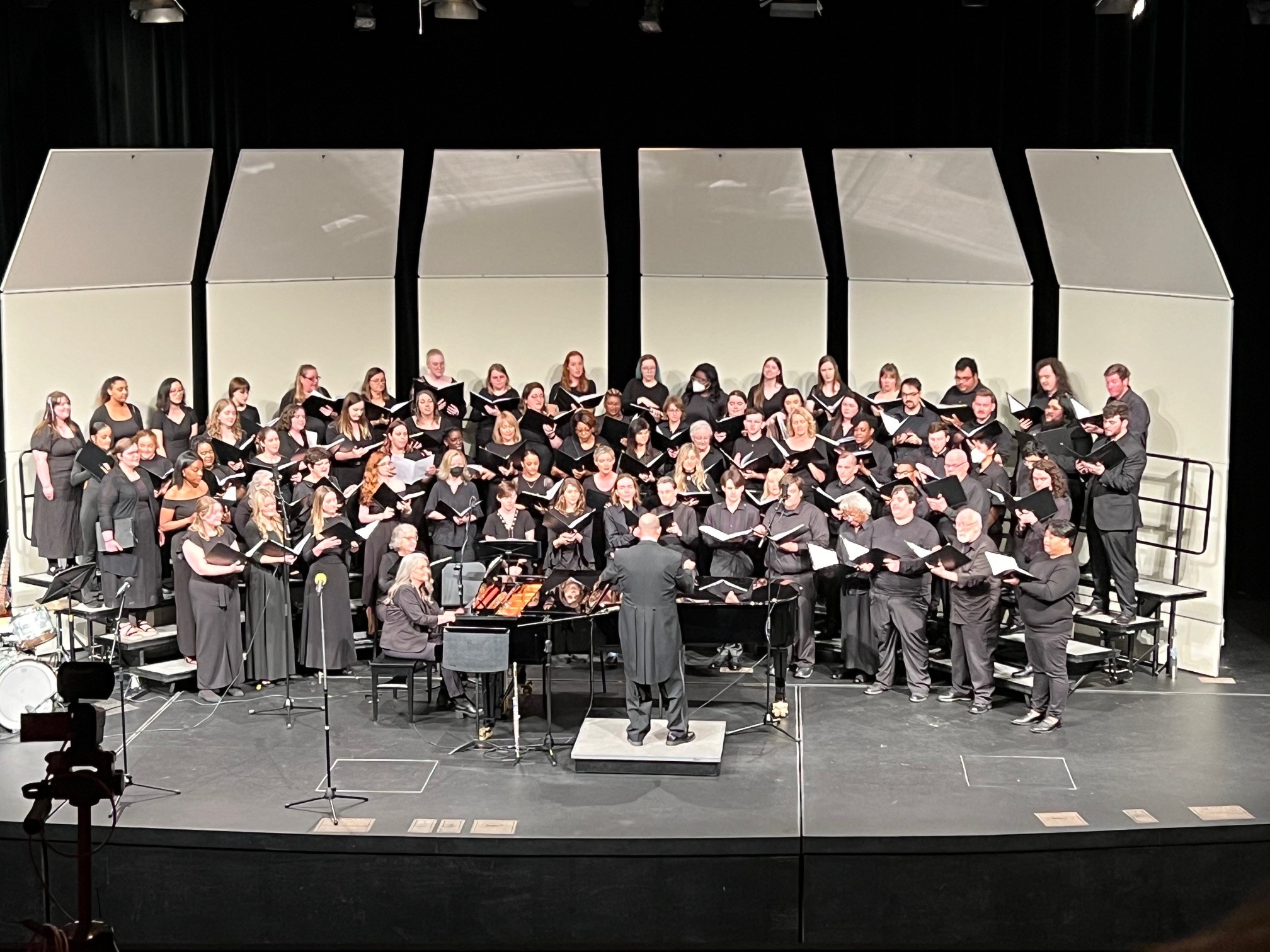Meramec professor Chris Smejkal weighs in.
By: Mary Wilson, Opinions Editor
St. Louis Community College moved to online classes after an extended spring break, leaving professors and students alike unsure of what the remainder of the semester would look like.

“I was not looking forward [to the transition],” said Chris Smejkal, professor of Communications.
Smejkal listed reduced interaction with students as a challenge with online teaching and learning. “I don’t think you get the same kind of personal interaction with students that I very much enjoy. Yes, I can respond to them individually, yes, I can make remarks on their papers and discussion boards but it’s just not the same. There’s only so much that can be communicated through typing,” said Smejkal.
Smejkal also mentioned the fact that Blackboard discussion boards don’t reflect the real world as another reason why online learning isn’t the same as face-to-face learning.
“We have to learn how to respond in thoughtful and civil ways…when you’re online, on a discussion board, you get to carefully craft and edit what your response will be, and you don’t get to do that in a face to face conversation.”
Smejkal noted that “in the classroom, there’s so many more nuances than just the books. It’s about socializing in the classroom [and] working through problems in real time.”
Smejkal also mentioned concerns his students were facing. “I’ve had many, many students who have sent me emails and said they’re having a hard time transitioning [and] navigating Blackboard…a lot of students don’t have the means and abilities. It’s just not the same.”
Students who are used to going to campus for a day of classes may find the transition challenging.
“It’s very difficult… for students to stay on a schedule, to do their homework, their discussion boards in a timely manner,” said Smejkal, “because it is a new way of learning.”
Smejkal said he spent time during the first spring break preparing for online classes.
“One of my concerns was that I wouldn’t be able to give them the instruction that they deserve,” he said. “With that said, I learned and adapted, but I have had quite a few students who have struggled. Some students have computers that failed. Some students don’t have strong WiFi. Some students have trouble navigating the site and responding to the assignments. Some students have trouble keeping up with the work.”
For Smejkal, the actual transition to online classes was a challenge.
“For me, I’ve never really used Blackboard,” he said. “So there was a lot for me to learn. Luckily, I have a lot of colleagues that use Blackboard..they helped me, [and] I learned a lot on my own.”
“I have never wanted to teach online,” Smejkal added. “On a large level I disagree with the pedagogy of it. But I will say after a lot of work getting my classes on Blackboard and online, it’s been going okay. I feel pretty comfortable now being online. I don’t like it, but I’ve transitioned well.”











